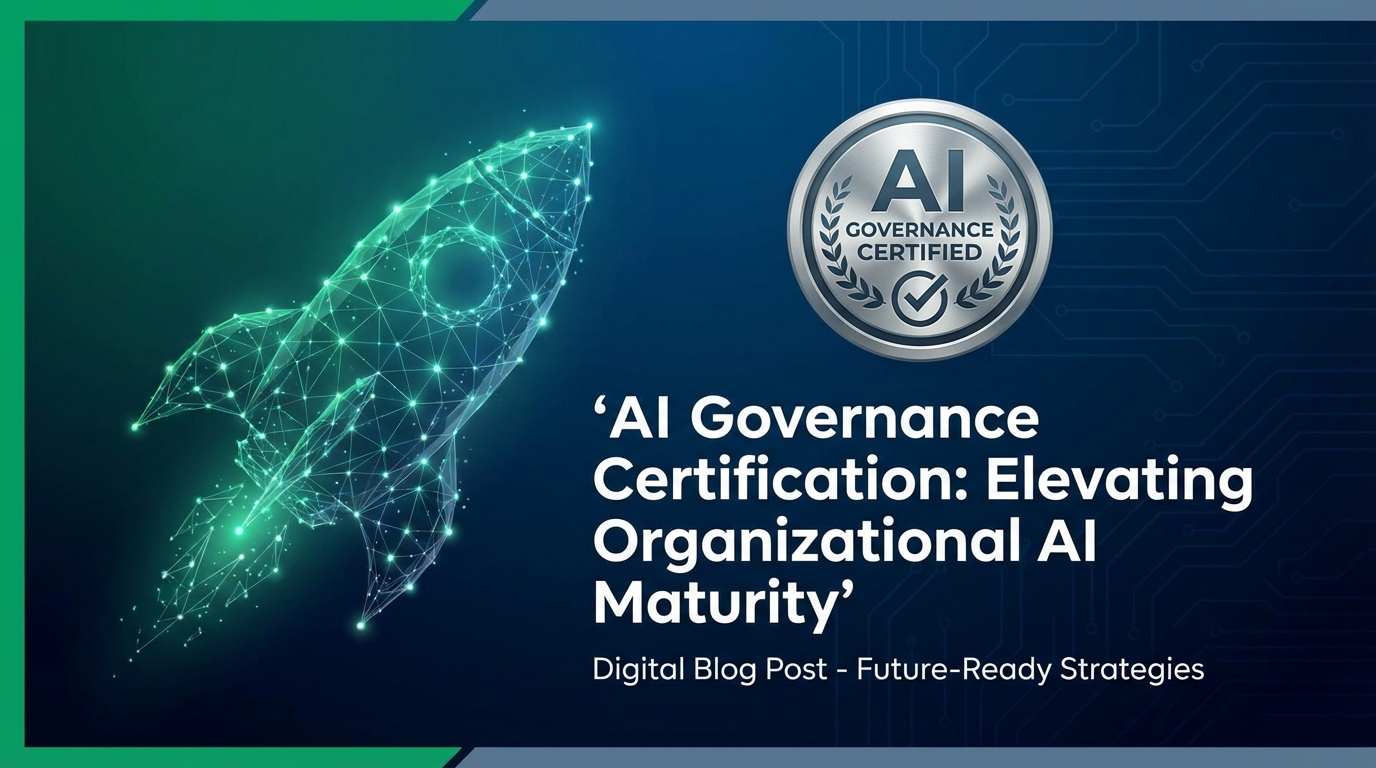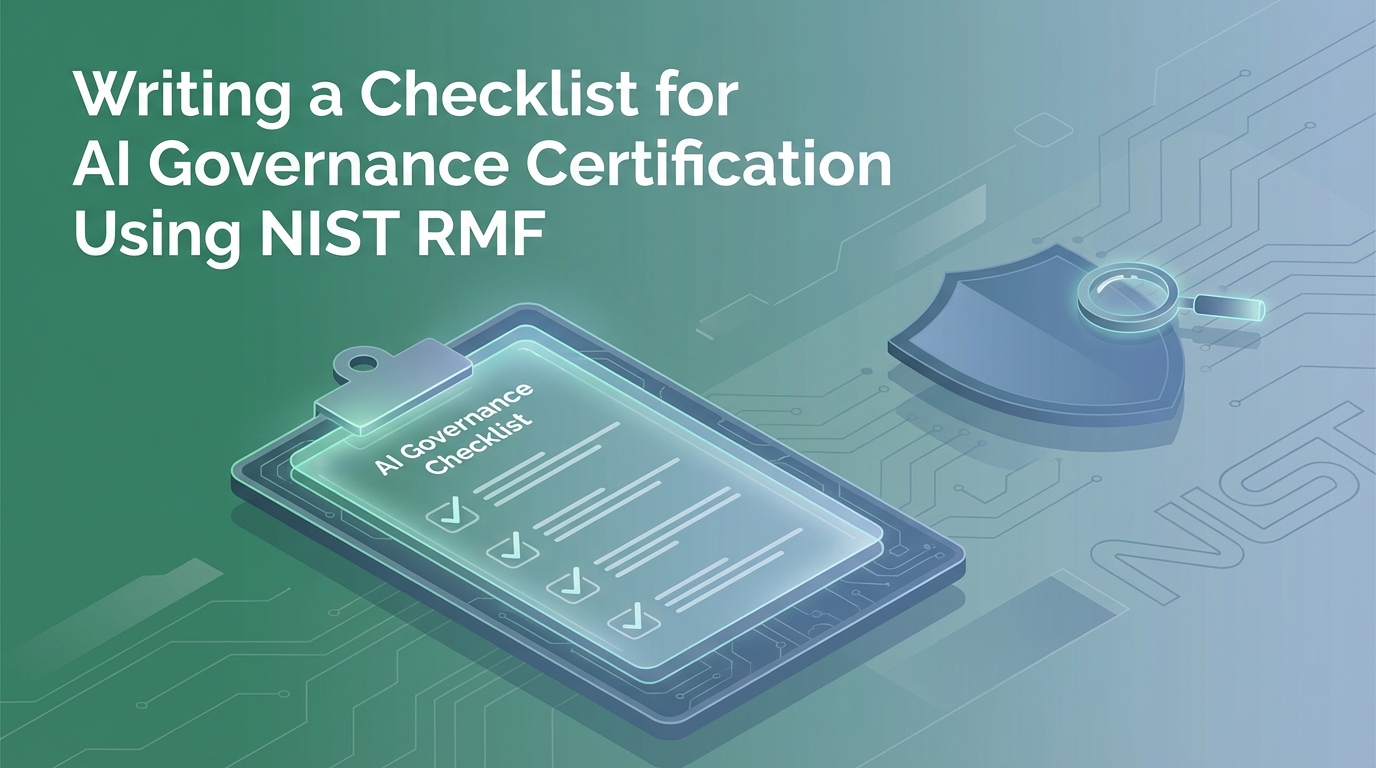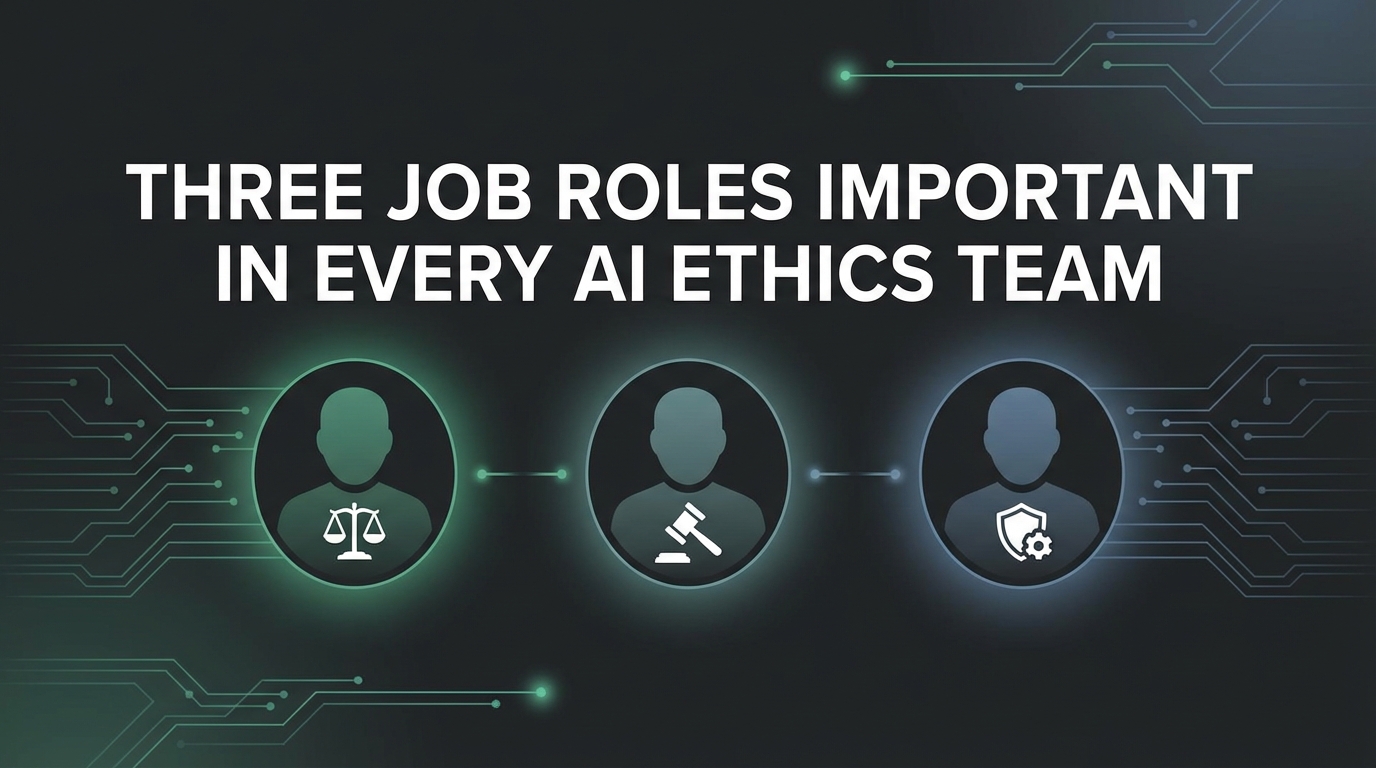AI Governance Certification

In the wake of the European Union's AI Act, AI governance certification is emerging as a critical milestone for organizations looking to navigate regulation while enhancing their AI maturity. This certification is not merely a compliance badge but a comprehensive framework that guides organizations through the ethical, operational, and reputational dimensions of AI deployment.
What is AI Governance Certification?
It is a process through which organizations validate their adherence to established AI ethics, regulations, and governance standards. This certification assesses various aspects of AI deployment, including data privacy, algorithmic transparency, fairness, and accountability.
Improving AI Maturity through Certification
- Structured Governance Framework: Provides a structured framework to manage AI systems effectively through defined policies, practices, and metrics.
- Enhanced Transparency and Accountability: Requires clear documentation of algorithms, data sources, and decision-making processes, ensuring systems are auditable.
- Risk Management: Prompts organizations to systematically identify and assess ethical, privacy, security, and compliance risks.
- Continuous Improvement: Criteria evolve in response to technological developments and societal expectations, fostering ongoing learning.
- Stakeholder Trust: Signals to customers and regulators that the organization is dedicated to responsible practices, serving as a key brand differentiator.
- Operational Efficiency: Standardizing procedures reduces redundancies and accelerates time-to-market.
Conclusion
As the regulatory landscape evolves, certification stands out as a pivotal mechanism for organizations aiming to enhance their AI maturity. By embracing this path, organizations can build more trustworthy, responsible, and efficient AI systems.
Check out our FREE AI governance maturity assessment tool to start your journey.

